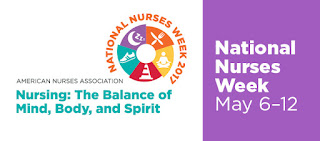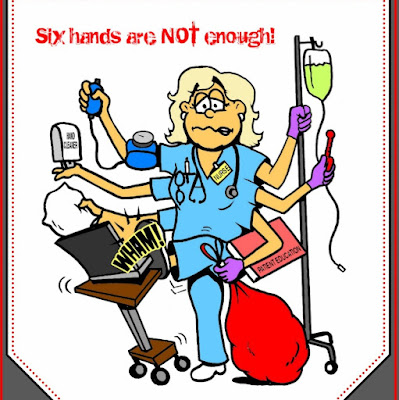Depressed After Pregnancy?
Being a mother or having another newborn comes with a collision of emotions – from lack
of sleep to the excitement of having a new family member. These feelings
usually come in a rush; more like having more than one feeling at a time. As
time goes on the feelings of excitement begins to fade and then stress, worry,
anxiety and sadness begin to set in.
For some, these feelings gradually turn to
depression and then there is an increased threat for both mother and baby!
If you think you may have postpartum
depression, look out for these signs.
·
Feelings of hopelessness, anger, or sadness
 It’s natural to feel
overwhelmed when you first bring a child into this world. But postpartum
depression goes beyond feeling naturally overwhelmed — Postpartum Progress
states this disorder will make you feel as if you’re not well-equipped to be a
mother, and that perhaps you should never have had the baby to begin with.
It’s natural to feel
overwhelmed when you first bring a child into this world. But postpartum
depression goes beyond feeling naturally overwhelmed — Postpartum Progress
states this disorder will make you feel as if you’re not well-equipped to be a
mother, and that perhaps you should never have had the baby to begin with.
This overwhelming feeling is often
followed by guilt, as you may believe other mothers can handle their emotions
better than you. You may feel disconnected from your child and feel as if your
baby doesn’t really need you in the long run, which can also lead to anger and
sadness
·
Loss of appetite and fatigue
Your mind may not be the only
part of your body that suffers when you have postpartum depression. Your body
will also be feeling the effects of the stress, often leading to appetite
issues or upset stomach. On the flip side, some women overeat. WebMD explains
weight fluctuations may happen every day from eating differently than you
normally would. You may also feel as if you have very little energy, and
certainly not enough energy to care for a child. In some cases, women will feel
drained as soon as they wake up in the morning.
·
Headaches, backaches, and joint pain
Many experts believe
depression can make you feel pain differently than you otherwise would, and
postpartum depression is no different. Even if you’re exercising or doing yoga,
these aches and pains are not associated with typical muscle soreness.
According to Postpartum Progress, many new moms experience constant headaches,
backaches, stomach troubles, and joint pain. The condition can also lead to
panic attacks, which may lead to chest pain.
If your only symptoms of postpartum
depression are random aches and pains, then try paying attention to your mental
state. Are you feeling foggy, drained, and anxious in addition to these pains?
Then these could very well be caused by depression
·
Crying and feelings of irritability
 The American Pregnancy
Association says between 70% and 80% of new mothers experience some sadness and
anxiety associated with recently giving birth. But if you find yourself always
tearful several weeks down the road, then this could be a sign of postpartum
depression. Your tears may not just be pure sadness, either. As we mentioned
before, anger is also common. This anger may be all you can focus on, which can
lead to trouble concentrating on anything else during your day.
The American Pregnancy
Association says between 70% and 80% of new mothers experience some sadness and
anxiety associated with recently giving birth. But if you find yourself always
tearful several weeks down the road, then this could be a sign of postpartum
depression. Your tears may not just be pure sadness, either. As we mentioned
before, anger is also common. This anger may be all you can focus on, which can
lead to trouble concentrating on anything else during your day.
·
Negative thoughts about harming the baby
Your negative feelings may
turn into more severe thoughts that go way beyond sadness as well. While you
may know you’d never actually cause any harm to another human, much less your
newborn child, the Office on Women’s Health says you may have thoughts of
harming yourself or your baby. In less severe cases, you may feel indifferent
toward your child. These thoughts, as personal as they are, should be brought
to a doctor’s attention. A nurse/doctor can give you counsel and support
through this difficult time, and can help you decide on a course of treatment.
Cheatsheet.com






No comments:
Comments for this blog are held for moderation before they are published to the blog.
Note: Only a member of this blog may post a comment.